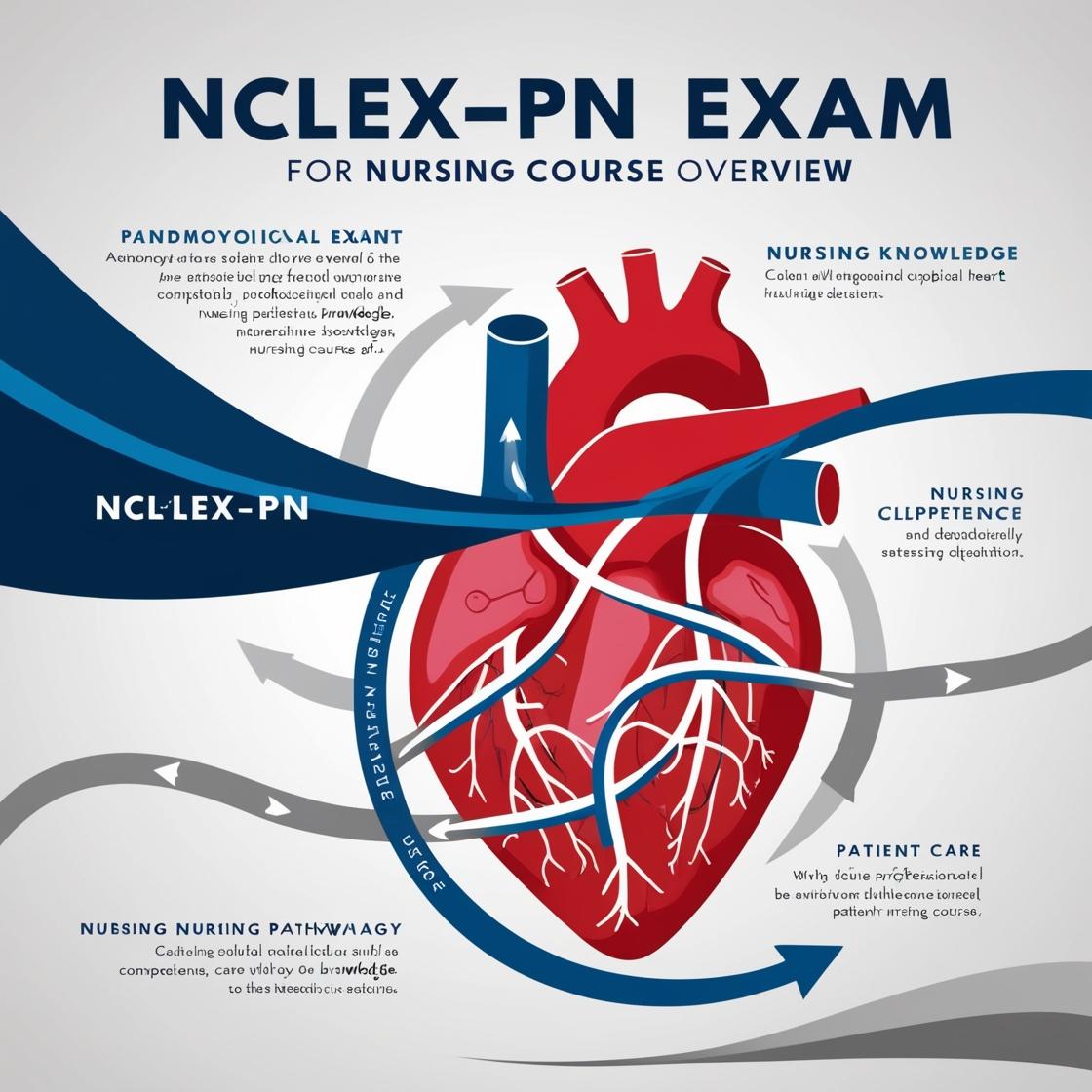NCLEX-PN
Nclex 2024 Questions
1. Which of the following roommates would be best for the client newly admitted with gastric resection?
- A. A client with Crohn's disease
- B. A client with pneumonia
- C. A client with gastritis
- D. A client with phlebitis
Correct answer: D
Rationale: The most suitable roommate for the client newly admitted with gastric resection is the client with phlebitis. Phlebitis is an inflammation of the blood vessel and is not infectious, making it a safer option for the surgical client. Crohn's disease clients (choice A) have frequent stools that might spread infections to the surgical client, posing a risk. A client with pneumonia (choice B) is coughing, which can disturb the gastric client's recovery. Additionally, a client with gastritis (choice C) who is vomiting and experiencing diarrhea would also not be an ideal roommate for a client recovering from gastric resection.
2. When assessing a client in crisis, what should the nurse prioritize?
- A. Allowing the client to work through independent problem-solving.
- B. Completing an in-depth evaluation of stressors and responses to the situation.
- C. Focusing on immediate stress reduction.
- D. Recommending ongoing therapy.
Correct answer: C
Rationale: When a client is in crisis, the nurse's priority is to focus on immediate stress reduction. Crisis intervention aims to stabilize the client in the present moment by addressing the most pressing issues. Allowing the client to work through independent problem-solving (Choice A) may not be appropriate during a crisis as they might need immediate support. Completing an in-depth evaluation of stressors (Choice B) is important but not the immediate priority during a crisis. Recommending ongoing therapy (Choice D) may be considered later, but the immediate focus should be on reducing the client's stress and stabilizing the situation.
3. The home health nurse is planning for the day's visits. Which client should be seen first?
- A. The 78-year-old who had a gastrectomy 3 weeks ago with a PEG tube
- B. The 5-month-old discharged 1 week ago with pneumonia who is being treated with amoxicillin liquid suspension
- C. The 50-year-old with MRSA being treated with Vancomycin via a PICC line
- D. The 30-year-old with an exacerbation of multiple sclerosis being treated with cortisone via a centrally placed venous catheter
Correct answer: D
Rationale: The priority client is the 30-year-old with an exacerbation of multiple sclerosis being treated with cortisone via a centrally placed venous catheter. This client is at the highest risk for complications and requires immediate attention. Choice C, the 50-year-old with MRSA being treated with Vancomycin via a PICC line, is incorrect as Vancomycin administration can be scheduled at specific times and does not indicate an urgent need for a visit. Choices A and B are also incorrect as these clients are more stable compared to the client with multiple sclerosis in need of cortisone therapy.
4. Which of the following roommates would be most suitable for the client with myasthenia gravis?
- A. A client with hypothyroidism
- B. A client with Crohn's disease
- C. A client with pyelonephritis
- D. A client with bronchitis
Correct answer: A
Rationale: The most suitable roommate for the client with myasthenia gravis is the client with hypothyroidism because they are quiet. A client with Crohn's disease (choice B) would be up to the bathroom frequently due to gastrointestinal issues, which could disturb the roommate with myasthenia gravis. A client with pyelonephritis (choice C) suffering from a kidney infection will need to urinate frequently, causing disturbances. A client with bronchitis (choice D) will be coughing, potentially disrupting the rest and quiet environment needed by a roommate with myasthenia gravis to manage their symptoms effectively.
5. The nurse is working with families who have been displaced by a fire in an apartment complex. What is the priority intervention during the initial assessment?
- A. Provide a liaison to meet housing needs.
- B. Attentively listen when clients describe their feelings.
- C. Offer nurturing support for clients who are confused by the events.
- D. Provide structure for clients exhibiting moderate to severe anxiety.
Correct answer: A
Rationale: The correct answer is to provide a liaison to meet housing needs. In the initial assessment after a disaster like a fire, ensuring basic needs such as housing, clothing, and food are met is the priority. Once the physical needs are addressed, the nurse can then focus on assisting clients in managing the psychological effects of loss. Choices B, C, and D are not the priority during the initial assessment as addressing housing needs should come first to provide a sense of stability and security for the affected families.
Similar Questions

Access More Features
NCLEX PN Basic
$69.99/ 30 days
- 5,000 Questions with answers
- Comprehensive NCLEX coverage
- 30 days access @ $69.99
NCLEX PN Premium
$149.99/ 90 days
- 5,000 Questions with answers
- Comprehensive NCLEX coverage
- 30 days access @ $149.99
